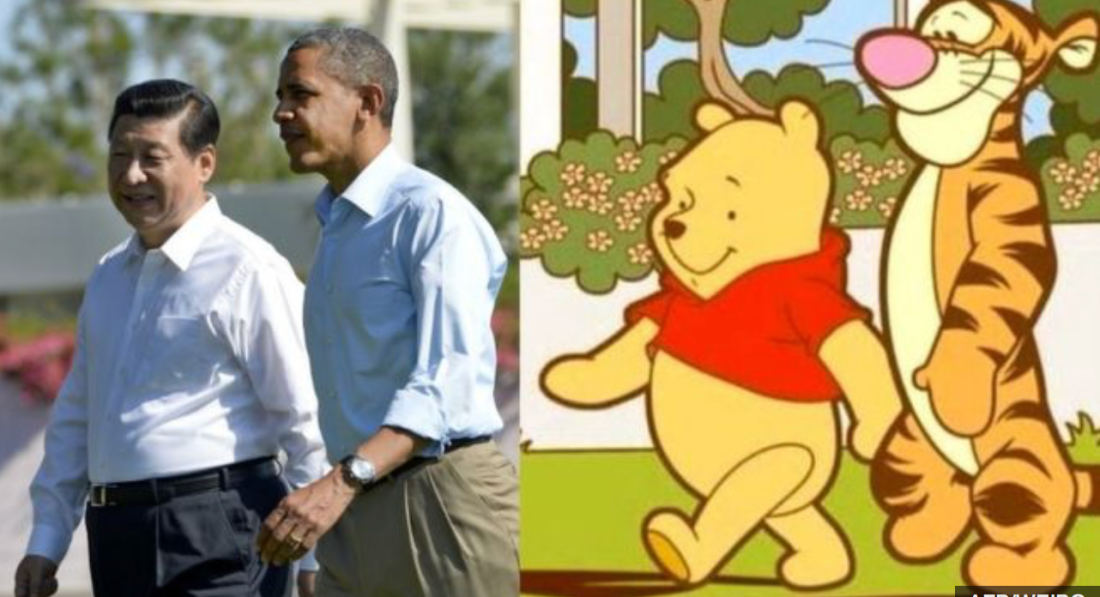As the internet developed, “CONVERGENCE” grew into a buzzword.
The interaction between new and traditional media was increasingly conducted in this interactive convergence media environment. For example, after at the tap of a button. You can get the food you want from the restaurants you love, delivered via Uber Eat.
Jenkins (2008) argues that the Internet is serving up convergence media more efficiently than the traditional platform. But kinds of elements such as technology, commerce, politics, nationalism, religion, and interests splinter the internet (The Economist, 2010).
And here I have to mention The Chinese internet because it is so particularly. Even many consider this as the Internet in China but not The Chinese Internet.
Chinese media has a well-known saying: ” There are two countries are unable to use Google, one is North Korea and the other one country.”
For political reasons, China has established a “Great Firewall” which use to ban those negative information. So in China, some sensitive words you can’t seek via the search engine. It calls Chinese ban words.
Winnie the Pooh was banned in Chinese media. Since 2013, Winnie the Pooh has become a unique symbol to represent Mr Xi. Because of some Chinese netizens mentioned that the photo of Mr Xi walking next to Former US President Barack Obama looked a lot like Winnie the Pooh and Tigger. China’s censors will not tolerate ridicule of the country’s leader; even the Chinese netizens are not malicious.


The Chinese Internet has numerous restrictions because of the reasons of politics. As Yang (2012) mentioned that but it does not mean that the Chinese Internet does not have global features. It just has assumed distinctly Chinese characteristics.
Reference: 1. Jenkins, H. (2008). Convergence culture. New York: New York University Press. 2. The Economist. (2010). A virtual counter-revolution. [online] Available at: https://www.economist.com/node/16941635 [Accessed 2 Sep. 2010]. 3.Yang, G. (2012). A Chinese Internet? History, practice, and globalization. Chinese Journal of Communication, 5(1), pp.49-54.